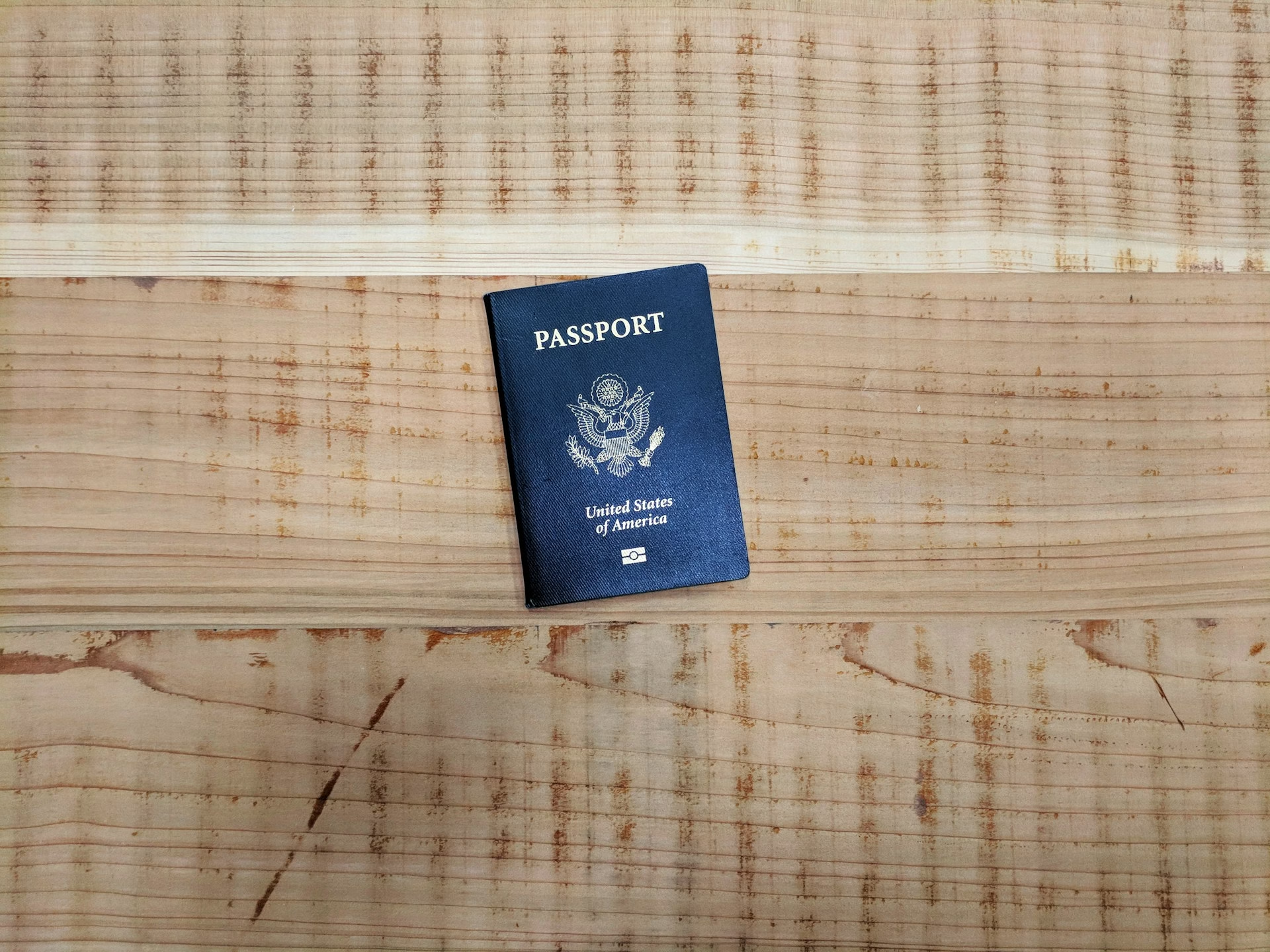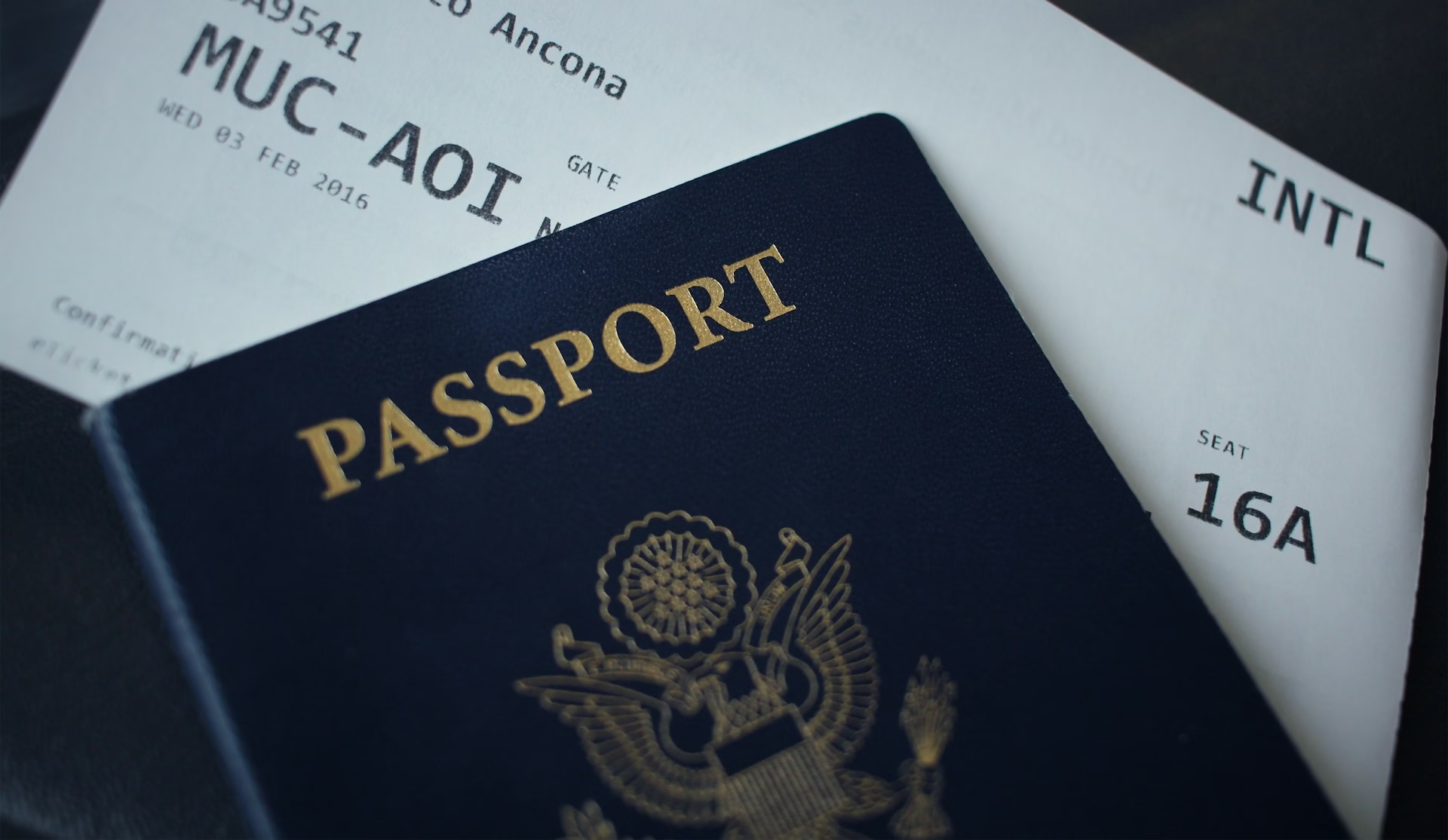It’s the second week of June, and what we’re seeing unfold in the U.S. immigration landscape is deeply troubling—even for those who thought they were “safe.” Green card holders and legal residents are facing unprecedented scrutiny, unexpected interrogations, and in some cases, heartbreaking legal setbacks.
This isn’t alarmism. This is happening. And if you’re a visa holder, a green card holder, or planning to move to the U.S.—you need to understand what’s going on.
The Summer That Changed Everything
Let’s start with a real incident. A man—highly educated, a U.S. government employee, and a legal green card holder—took a vacation to his home country, Turkey. When he returned to Washington D.C., he wasn’t greeted with a welcome home. Instead, he was pulled aside at the airport and interrogated for seven straight hours.
This wasn’t routine questioning. He was grilled about his views on political events, specific movies he may have watched, and even his thoughts on Turkish authors. His devices were searched. His social media accounts were combed through.
Why? Because his name, background, or perhaps even the wrong keyword somewhere online, triggered suspicion. And that was enough.
The Legal Tightrope Just Got Thinner
What’s scarier is that these stories are becoming more frequent. In 2025, U.S. immigration enforcement has reached a level of strictness we’ve never seen before. Small errors—things that once may have been brushed off as innocent mistakes—can now derail your entire immigration process.
Forget your I-94? That one document, often overlooked, is the foundation of your legal presence in the U.S. If you can’t produce it during a green card interview, your application can be denied.
For those unfamiliar: the I-94 is a simple but essential record of your legal entry into the U.S. Whether you’re a student, tourist, or on a work visa, this document proves that you entered legally and details how long you’re allowed to stay. It used to be a slip of paper stapled into your passport—now it’s digital. You have to download it from CBP’s website and keep a copy on you at all times.
The Re-Review Era Has Begun
Another disturbing trend: old green card applications and even approved green cards are being revisited. While some of this stems from policies dating back to the Trump administration, the effects are being felt now.
People who obtained green cards through marriage are being asked to provide extensive proof all over again—photos, tax filings, joint addresses, utility bills, and bank statements—to confirm the marriage was “genuine.” Even citizenship applications (Form N-400) are being paused or denied because of these re-reviews.
And the most terrifying catch? If your application is denied based on something like a moral character clause, you’ll have to wait five full years before you can even apply again.
The “Good Moral Character” Trap
“Good Moral Character” sounds straightforward—but it’s anything but. The term is vague, open to interpretation, and has become a catch-all for denials.
Using recreational marijuana in a legal state, drinking alcohol, gambling at a casino, or even unintentionally providing incorrect information on a form—any of these can now be used against you. It’s subjective. And once you’re flagged, it’s hard to untangle yourself.
The worst part? Many of these actions aren’t illegal. But in the eyes of immigration authorities, they can signal “bad moral character”—and that can cost you your green card or citizenship.
The Domestic Travel Danger No One Talks About
Flying within the U.S. used to be simple. A driver’s license got you through TSA. But now? Even domestic travelers are being asked to show immigration status.
There was a recent case involving a German passport holder traveling on an expired passport. TSA called in ICE officers, and the passenger was pulled aside for interrogation. This blurs the line between airport security and immigration enforcement—and it signals a shift toward more aggressive scrutiny, even within U.S. borders.
One Missed Form Can Destroy Everything
There’s also the story of a former J-1 visa holder who legally married a U.S. citizen and received a conditional green card. All they had to do was file Form I-751 to remove the conditions two years later.
But life got in the way. Their child was ill. They were overwhelmed. The form was never filed. Years later, they applied for citizenship—and were arrested at their interview. They’re now in immigration detention.
It’s a chilling reminder that one missed step, one missed form, can undo years of legal progress.
What You Must Do Now
If you’re in the U.S. on any type of visa or green card:
- Keep every document updated, printed, and stored safely.
- Double-check expiration dates and filing deadlines.
- Download your I-94 right now and keep a copy with your travel documents.
- Be cautious with your online activity—what you post or “like” might one day be questioned.
- And most importantly: don’t guess on immigration forms or interviews. If you don’t know the answer, say so.
This isn’t meant to scare you. It’s meant to prepare you.
The American Dream hasn’t disappeared. But it now comes with tighter conditions, more oversight, and much higher stakes. Staying informed, vigilant, and legally protected isn’t optional anymore—it’s survival.
Credit & Further Info:
This blog post is based on a timely video by Dr. Mamunur Rashid, an education and immigration advisor with over 17 years of experience helping Bangladeshi students and professionals build careers abroad. You can watch the original video
Stay informed. Stay safe. Stay documented.




Leave a Reply